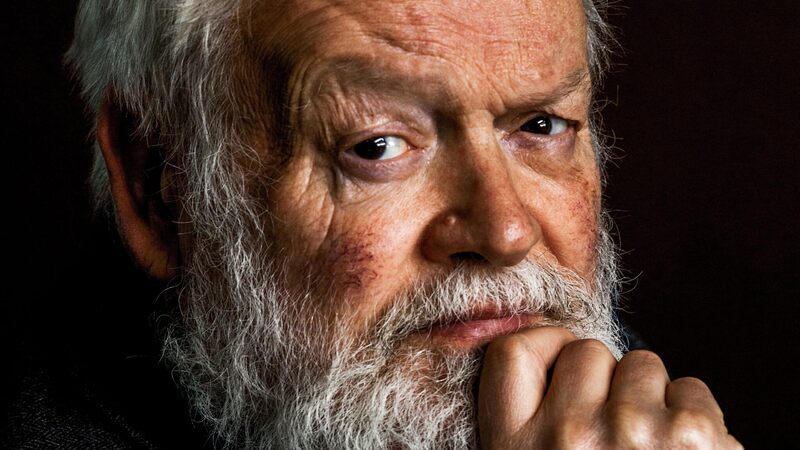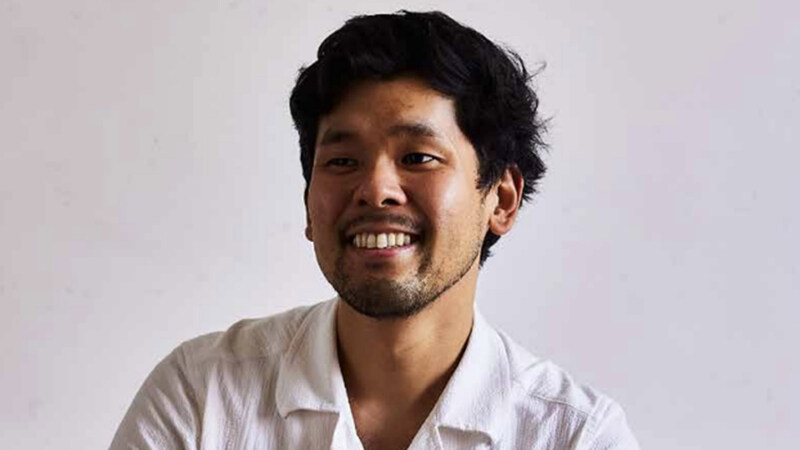You are viewing your 1 free article this month. Login to read more articles.
Debut author Teo hits back after Ponti review
A debut author has hit back after her novel was criticised in an Observer review, which has become the focus of a debate on social media.
Sharlene Teo won the £10,000 Deborah Rogers Writers’ Award for her unpublished manuscript Ponti, before it was snapped up by Picador in a seven-way auction. It is due to be published on Thursday (19th April).
In her review for the Observer magazine, journalist and author Julie Myerson described the University of East Anglia graduate’s debut, set in Singapore, as featuring “oh so tediously writing workshop description” and suggested it required more editing.
The sub-heading to the piece read “a much-lauded debut novel featuring a faded movie star is a lesson in the limitations of a creative writing course”. Of some descriptive passages, Myerson wrote: “And why exactly are we being told all of this? It’s the first big question that any working novelist must ask of him or herself. Good fiction should feel seamlessly necessary – as if someone has grabbed your wrist and begun to whisper a story so urgently that you have no choice but to listen.
“If a more vivid, elastic and relaxed Sharlene Teo is hiding somewhere beneath all this knotty verbiage and MA creative writing-speak, then I wish her lots of luck – and a much tougher editor – for her next novel.”
The review has attracted widespread comment from authors and editors in the book trade on Twitter. Some have expressed disappointment about the harsh review of a debut novel, while others have weighed in to defend Myerson’s duty to publish an honest review.
Sphere fiction’s editorial director Ed Wood wrote on Twitter: “A lot of people are upset about a successful author dumping on a debut. This is valid: publishing is small, and authors, working in isolation, need each other. However, a review is intended to help readers decide what to read. They must be honest and critical to have worth. The idea that reviews should only ever be positive doesn't work for me. As an editor, however, it makes sense when books pages have been cut and cut and cut in newspapers - with so much great writing to be highlighted, why go for the throat on a debut?”
Novelist Joanne Harris conceded the piece “felt unpleasant”, while Guardian books journalist Sian Cain said that while it was a “rough review for a first-time writer to get”, Myerson’s views as a reviewer should not be “meddled with” to fit an editorial perspective.
Following the controversy, Teo told The Bookseller: “Of course my book isn't perfect and it won't be for everyone, but it seemed more like (Myerson) was critiquing the novel out of her own preconceptions of what constitutes non-MA Creative Writing speak and wrist-grabbing urgency, than on its own terms.”
Her agent, Emma Paterson from RCW, said: “It is vital that criticism engages with the work itself – not the creative writing course it has come from, nor the awards it has won, nor the pre-publication endorsements it has been given. This is especially true given the degree to which physical review space is shrinking.”
Meanwhile, Sophie Jonathan, senior commissioning editor at Picador, added: “At Picador we publish authors from all sorts of different writing backgrounds, and it doesn't matter at all whether our authors have studied creative writing or not. We want to discover new, exciting voices that readers will respond to and love, and today it seems to me like readers have voted with their feet. The odd bad review is par for the course, but Ponti is an extraordinary novel which has been fantastically well reviewed elsewhere. I'm terribly proud to be publishing Sharlene Teo.”
Myerson does not shy away from honesty in her reviews, writing of Kit de Waal’s new novel The Trick to Time in the Spectator earlier this month that: “Almost every aspect of this well-meaning novel is pedestrian and unconvincing… Bafflingly for a writer whose debut was so acclaimed, de Waal doesn’t seem to have learned the first rule of novel writing: you don’t need to include all that repartee with hairdressers and hotel receptionists. In fact, more than anything, this novel is crying out for a bit of the pace, shape and attitude that comes from being less in thrall to your own inventiveness and more willing simply to edit.”
Myerson has been contacted for comment through her agent.
Singaporean writer Teo is based in the UK and studied at the University of East Anglia for a PhD in Creative and Critical Writing. In 2012 she was awarded the Booker Prize Foundation Scholarship to undertake an MA in Prose Fiction at UEA, and she is also the recipient of the 2013 David T K Wong Creative Writing Fellowship and the 2014 Sozopol Fiction Fellowship.


















